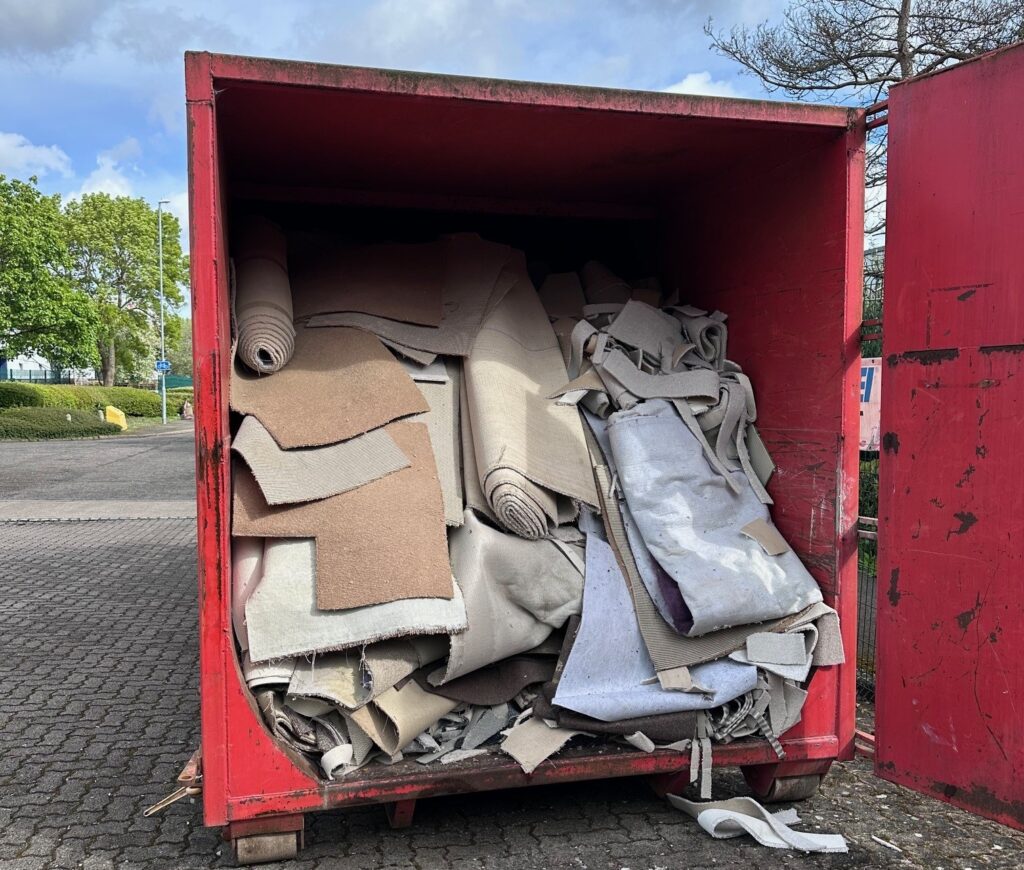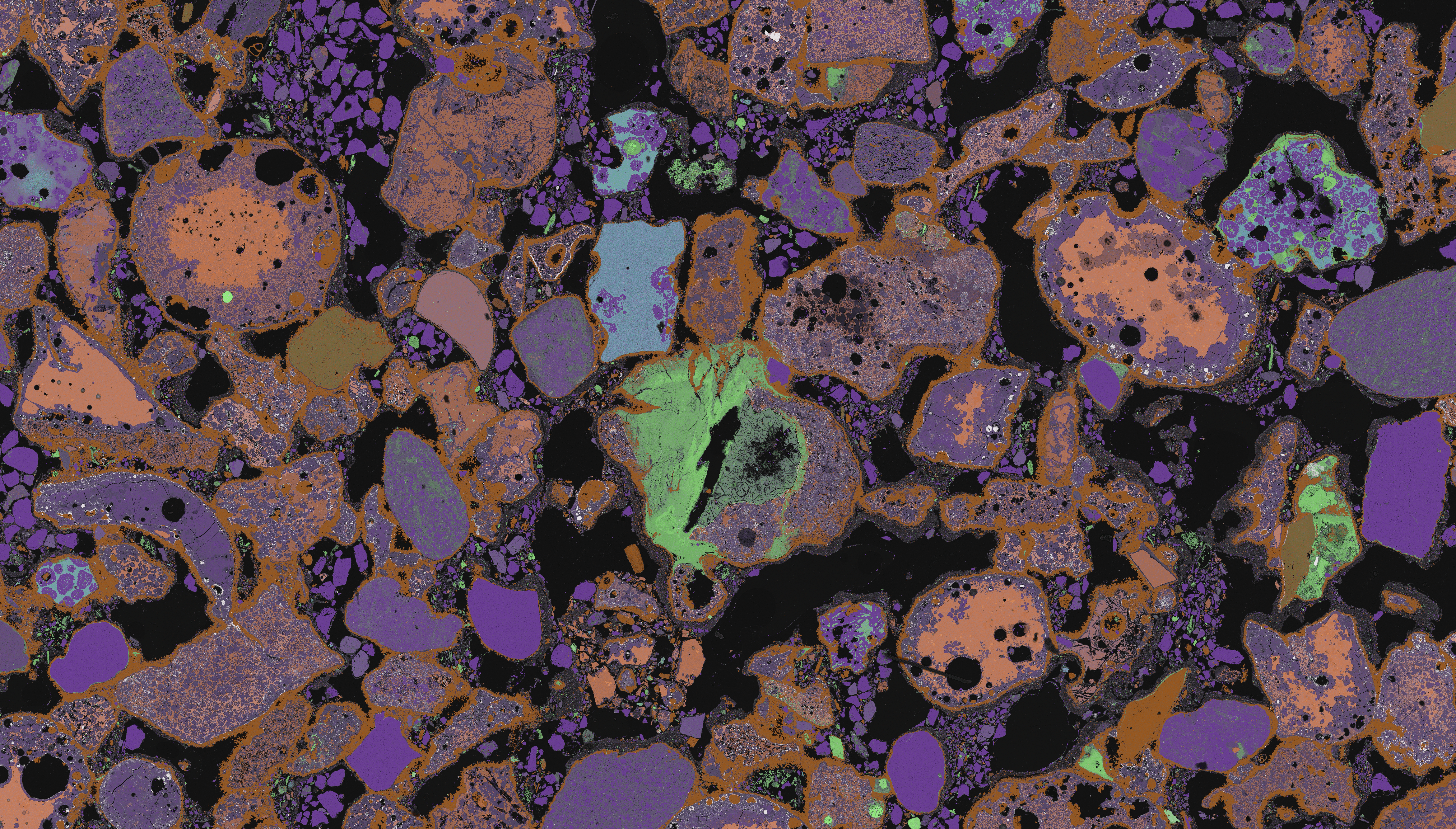Evonik Power Minerals Ltd, which works in more than 50 power stations in Europe, says that the UK can deal with the ash by mimicking “benchmark” methods used in Germany.
A cross border network of fly-ash resources and know-how is required
Thomas Duve, Evonik Power Minerals
Thomas Duve, Evonik Power Minerals chief executive, explained that in particular the UK could do more to monitor the quality of its ash and create a network with other European countries to exchange knowledge and market the material.
He said: “The British situation with regards to fly-ash recycling shows enormous development potential.
“However, a cross border network of fly-ash resources and know-how is required and satisfying the demand across borders,” he claimed.
Evonik Power Minseal's Chief executive explained that 2003, the UK sent around 64% of its coal-derived fly-ash to lower-value applications, such as landfill, road construction and earthworks.
However, only 5% in Germany was sent for this use – with the remainder used in higher-value application such as concrete, cement and grout.
Protocol
Mr Duve welcomed the UK's development of a quality protocol for bottom as which could see it partially de-regulated from measures governing waste (see letsrecycle.com story), but suggested that UK coal combustion plants should also install control systems to monitor the properties of their fly ash, and consider blending it, to make it more marketable to the construction industry.
He said that stockpiling the material, which is mainly generated in the winter, would help to sell it to the construction industry during its peak summer season.
In order to develop a fly ash market in the UK, Mr Duve suggested that coal combustion plants send some of their lower-value fly ash to the continent for reprocessing where it was in demand, and take in higher quality material from elsewhere to create demand.
He said: “Only in this way will customers be able to find a sustainable solution for fly-ash.”
Mr Duve's comments came at a workshop on recycling in power production in Westminster, held by the German British Forum on Friday (October 12) which was also attended by Southampton Test MP Dr Alan Whitehead, who is co-chair of the Associate Parliamentary Sustainable Waste Group.
In January, Evonik opened its first office in the UK in Richmond, Surrey, under its former name of STEAG Power Minerals, to help British coal-fired power stations find markets for its fly ash (see letsrecycle.com story).
-
In contrast with coal incineration, the majority of fly ash produced from burning waste in the UK is not recycled as it is mixed with air pollution control residues such as lime and classed as a hazardous waste. This is then sent for specialist treatment, disposal or long-term storage. However, the majority of bottom ash from energy from waste is recycled.







Subscribe for free